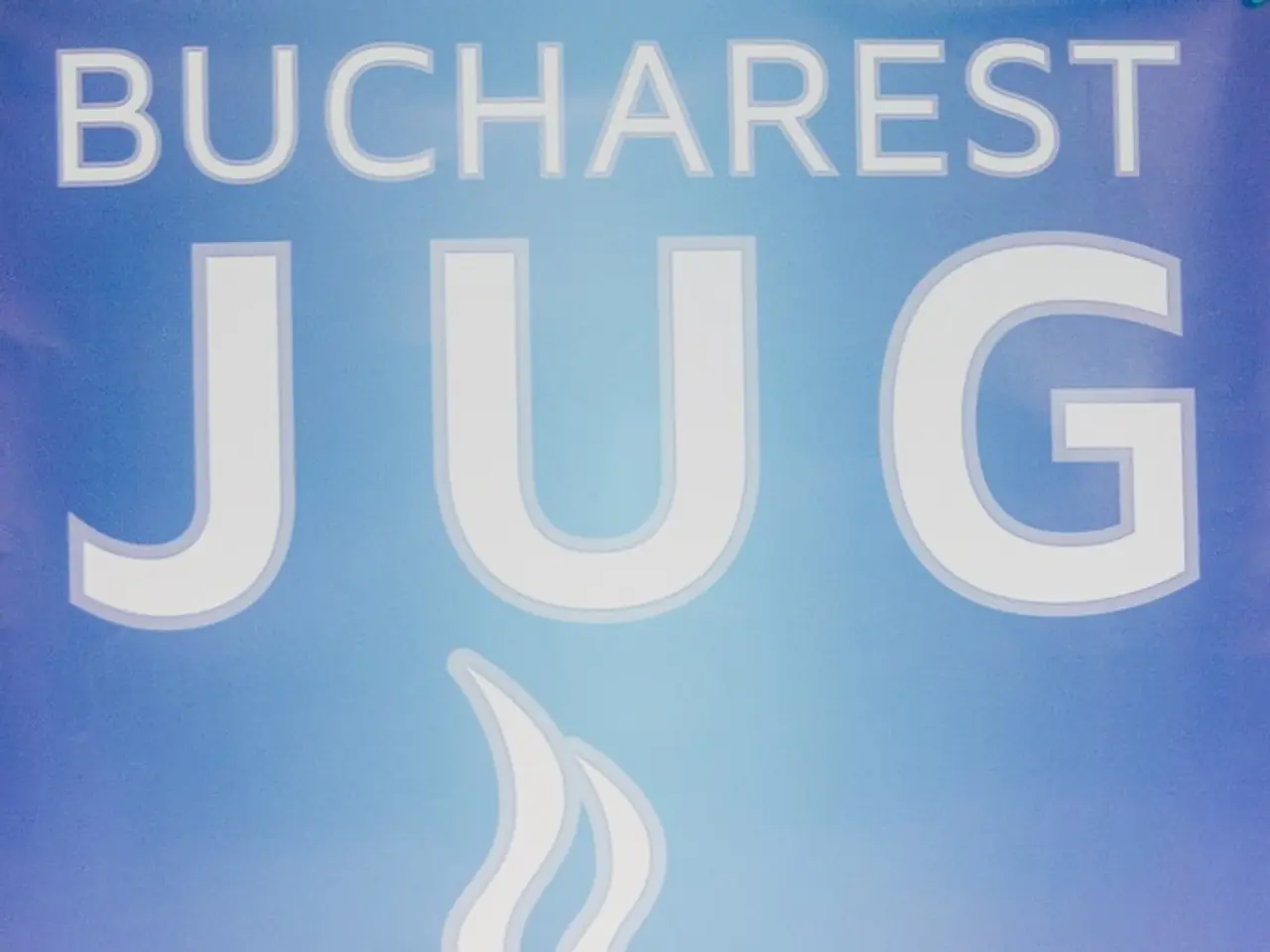New EU Data Protection Law: Is Your Company Within Its Reach?
The European Union Deforestation Regulation (EUDR), set to take effect from December 30, 2025, is poised to transform the way businesses handle commodities such as cocoa, coffee, soy, palm oil, rubber, timber, and cattle [2][4]. The new regulation aims to ensure that these commodities are deforestation-free, legally sourced, and traceable.
Under the EUDR, businesses are required to implement robust traceability and due diligence systems. This includes the submission of a Due Diligence Statement (DDS) to the EU Information System, certifying the products' compliance with the source country’s laws and their freedom from deforestation [2][4].
Traceability is a key aspect of the EUDR, with businesses mandated to collect precise geographic information, such as satellite imagery, pinpointing the exact location where the commodities were produced [4]. The level of due diligence depends on the risk classification of the country of origin, with low-risk countries allowing a simplified due diligence process, while standard and high-risk countries require more rigorous checks and potential mitigation measures [1].
Large and medium enterprises must comply starting December 30, 2025, while small and micro enterprises have until June 30, 2026 [3][4]. However, businesses must avoid common mistakes such as inadequate geolocation data, insufficient risk assessment, incomplete DDS submissions, ignoring legal production standards, and delaying implementation [2].
For instance, relying on certifications alone is not enough for EUDR compliance. Businesses must provide geo-mapped farm locations, digital land-use records, and verified risk assessments [2]. Every batch of raw materials must be tracked from farm to final product using blockchain-powered traceability to prevent fraud [5].
Digital traceability simplifies EUDR compliance by providing farm-level geolocation, blockchain-powered end-to-end traceability, automated compliance reporting, and seamless integration with existing ERP systems [5]. Businesses should switch to digital compliance dashboards for automated record-keeping to speed up audits and reduce errors [3].
Limited supplier visibility also increases non-compliance risk. Businesses must have a direct line of traceability from farm to final product, full supplier mapping, and real-time data updates [2]. Timber and wood product importers must prove that their raw materials come from legal, sustainable sources [4].
In conclusion, businesses must establish robust, risk-based traceability and due diligence systems, accurately geolocate their supply origins, comply with legal and deforestation-free criteria, and timely submit detailed DDS documentation to abide by EUDR requirements and avoid market exclusion or penalties [1][2][4].
References: [1] European Commission. (2021). EU Deforestation Regulation. Retrieved from https://ec.europa.eu/environment/forests/deforestation/regulation_en.htm [2] European Parliament. (2021). EU Deforestation Regulation. Retrieved from https://www.europarl.europa.eu/legislation-in-progress/file-ep-2020-2024/dere/2021/03/10/010031/IP_doc/210310EN.pdf [3] European Commission. (2021). EU Deforestation Regulation: Timeline for Compliance. Retrieved from https://ec.europa.eu/environment/forests/deforestation/regulation_en.htm [4] European Commission. (2021). EU Deforestation Regulation: Key Requirements for Businesses. Retrieved from https://ec.europa.eu/environment/forests/deforestation/regulation_en.htm [5] European Commission. (2021). EU Deforestation Regulation: Digital Traceability. Retrieved from https://ec.europa.eu/environment/forests/deforestation/regulation_en.htm
- Agriculture, specifically cocoa, coffee, soy, palm oil, rubber, timber, and cattle, will undergo a transformation due to the European Union Deforestation Regulation (EUDR) that emphasizes traceability and supply chain transparency.
- The EUDR mandates businesses to adopt robust traceability and due diligence systems, including the collection of precise geographic information and submission of a Due Diligence Statement (DDS) for compliance checks.
- Traceability in the EUDR context involves geo-mapping of farm locations, digital land-use records, and verified risk assessments, with the level of due diligence dependent on the country of origin's risk classification.
- Businesses must comply with the EUDR requirements from December 30, 2025, with small and micro enterprises given an extension until June 30, 2026.
- To ensure EUDR compliance, businesses should use blockchain-powered traceability to track every batch of raw materials from farm to final product and digital compliance dashboards for automated record-keeping.
- Limited supplier visibility increases the risk of non-compliance, necessitating full supplier mapping and real-time data updates.
- In the timber and wood product sector, businesses must prove the legality and sustainability of their raw materials, further emphasizing the significance of traceability.
- Wealth management, personal finance, and career development may be influenced by this new regulation, calling for education and self-development in environmental science and sustainability.
- Investing in businesses that follow sustainable agriculture practices will play a crucial role in personal and business growth as well as environmental preservation, particularly in view of climate-change.
- By implementing the EUDR requirements, companies not only ensure market access and avoid penalties, but also demonstrate commitment to a greener, more sustainable, and environmentally responsible business model.




